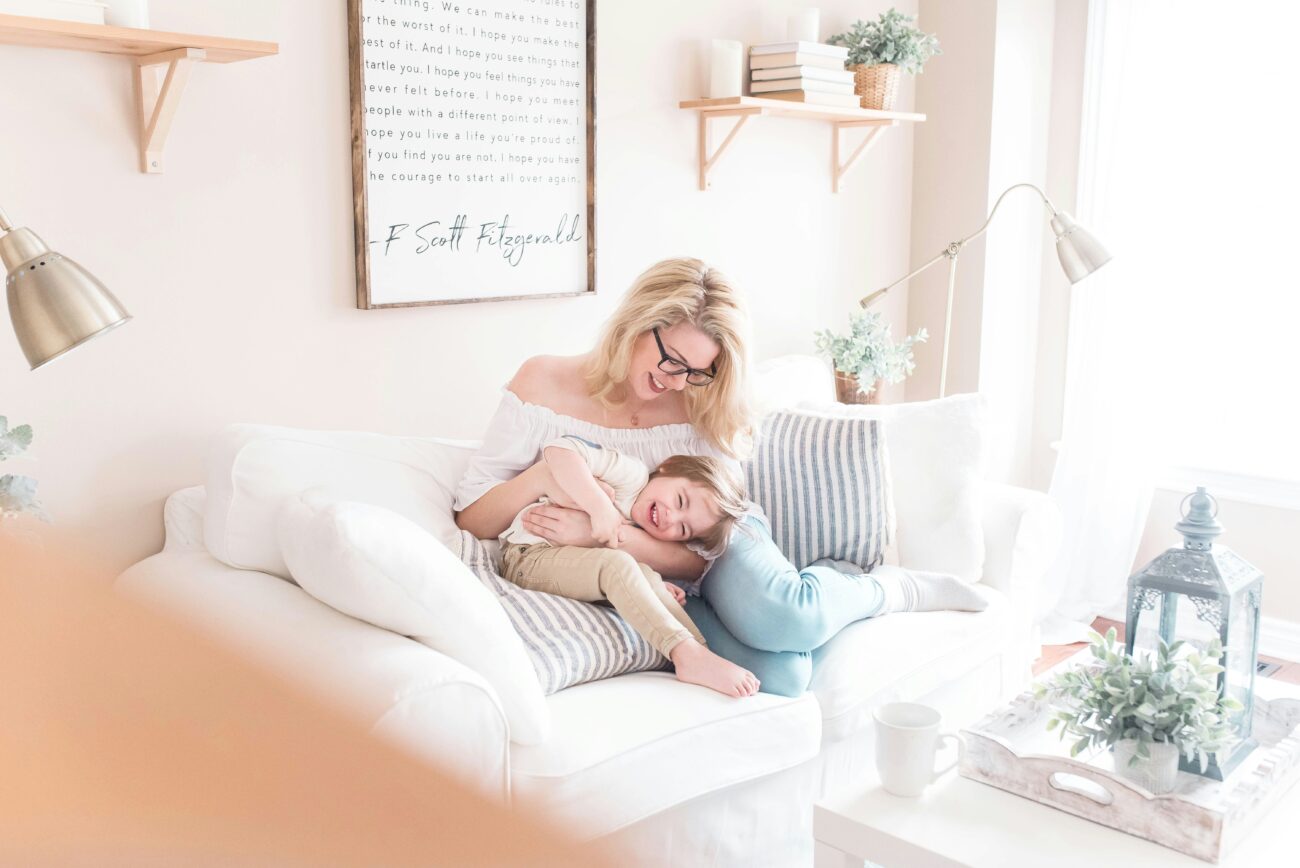It happens every single weekday. The school bag drops, the shoes come off, and you turn to your child with a genuine desire to connect, asking the classic, seemingly harmless question: “How was school today?” And in return, you get the almost inevitable, conversation-killing reply: “Fine.”
If that single word or the occasional grunt sends a shiver of frustration down your spine, you are in excellent company. A well-known study found that a staggering 88% of parents express frustration with these habitual one-word answers from their children. But here’s the crucial secret most parents miss: the problem isn’t your child; it’s the question itself.
The question “How was school?” is a classic closed-ended prompt. It invites a single-word, low-effort answer that acts as a check-box for both parent and child. It’s a habit we fall into, but it’s a total communication dead-end. The good news is that you don’t need a complicated new system; you just need a few fresh ways to start the conversation.
Here are the simple, science-backed switches that turn your child from a one-word wonder into a lively storyteller.
Ask for a story, not a score
Instead of asking broad questions like “How was your day?”, focus on prompts that draw out a story. Ruth Sturdy, founder of children’s memory book provider Colour Chronicles, calls the classic question a “dead end” because it robs children of the chance to share the “small, funny, or surprising moments that truly define their day.”
Psychologists agree that open-ended questions encourage children to recall events in more detail, which helps them communicate better and boosts their memory.
Try this tonight:
- “Tell me something that made you laugh today.”
- “What’s one thing you learnt that you didn’t know yesterday?”
Small details work best
Eight hours at school is a lot for a child to sum up, especially when they’ve only just walked through the door. Breaking it down into smaller, specific prompts makes it easier for them to share.
Try this tonight:
- “What did you eat first out of your lunchbox?”
- “Who did you sit next to in class today?”
Check in on feelings, not just facts
School isn’t just about lessons; it’s also where children navigate friendships, challenges, and emotions. Asking about feelings helps them build emotional awareness and gives you a fuller picture of their day.
Try this tonight:
- “What was the most exciting part of your day?”
- “Was there anything tricky or frustrating that happened?”
Add some imagination
Sometimes the best way to unlock a memory is to ask something a little unexpected. Hypothetical or playful questions can take the pressure off and encourage children to talk more freely.
Try this tonight:
- “If I’d been hiding in your classroom, what’s the funniest thing I would have seen?”
- “If you could swap places with your teacher for an hour, what would you do?”
Ten easy alternatives to ‘How was school?’
For those moments when you’re too tired to think, here are ten ready-to-use conversation starters that parents swear by:
- “What was the most creative thing you did today?”
- “Who made you smile?”
- “Did you help anyone with something?”
- “What was the silliest thing that happened at break?”
- “What’s one thing you’re looking forward to tomorrow?”
- “What made you feel proud today?”
- “Was there anything you found tricky?”
- “If you could teach me one thing from today, what would it be?”
- “What did your teacher do that made you laugh?”
- “What was the best thing you did with your friends?”
By swapping the autopilot question for one of these prompts, you’ll invite more than just a one-word reply. Instead, you’ll get the stories, silly moments, and small details that capture what your child’s school day was really like. And those are the memories that matter most.
About the author
Ruth Sturdy is the founder of Colour Chronicles, a brand dedicated to helping parents capture and cherish the authentic, everyday stories of childhood through innovative memory books. She is a long-time advocate for family communication and believes the questions parents ask are the key to unlocking those precious memories.
